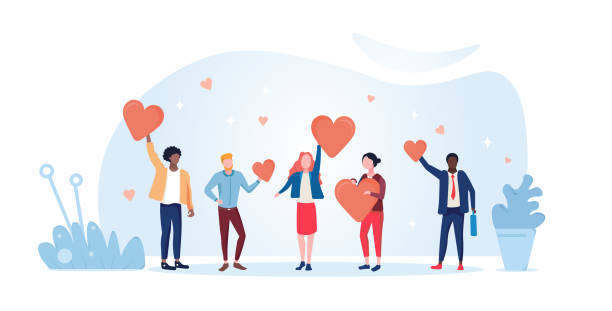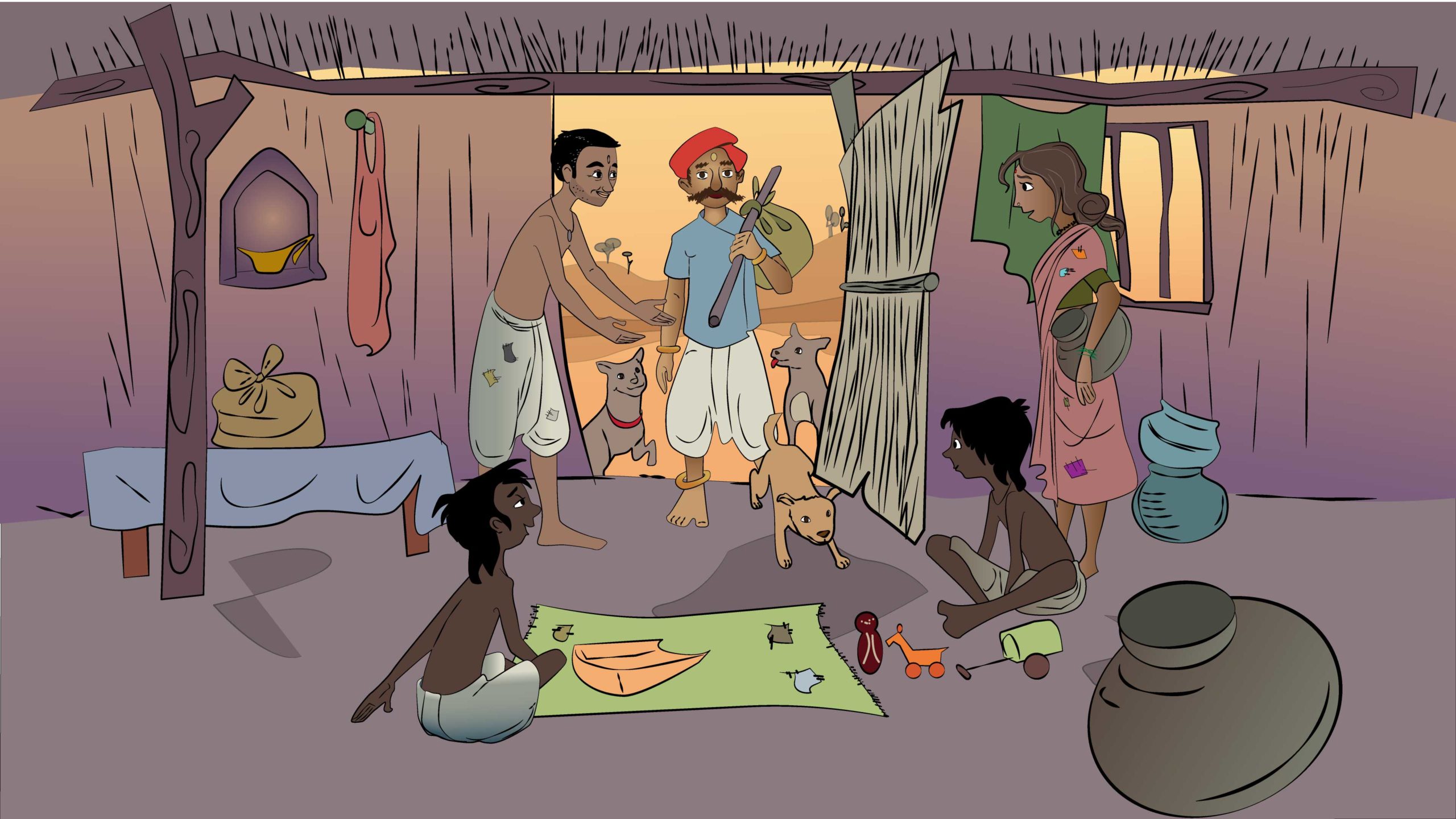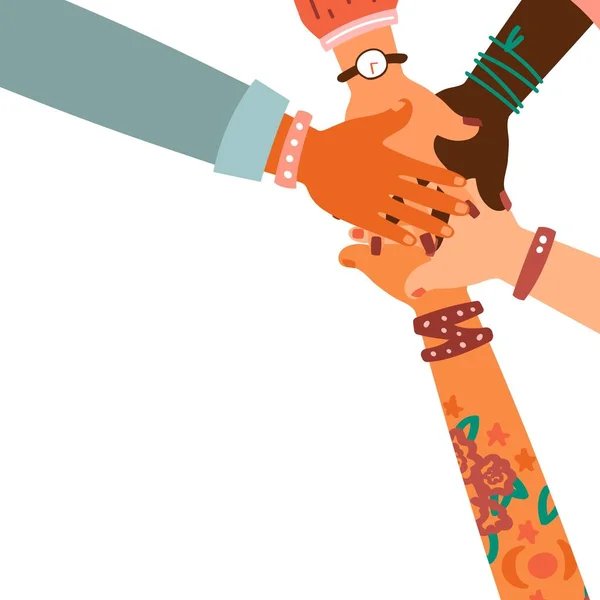This article advocates for a shift towards a culture of generosity, emphasizing the importance of depositing goodness before expecting to withdraw. It highlights the MEDA Foundation’s commitment to fostering such values and offers training sessions for those interested. It discusses the principle of giving, warning against transactional relationships and urging readers to walk away from selfish connections. The article explores strategies for cultivating a giving mindset, emphasizing gratitude and empathy, and showcases the ripple effect of generosity on individuals and communities. It concludes with an invitation to join the movement towards a more generous society, reflecting on the transformative power of small acts of kindness.

I. Introduction
A. Setting the Stage: The Importance of Giving
In a world often preoccupied with taking, the act of giving stands out as a beacon of hope and humanity. Giving, in its myriad forms, is not just an act of charity; it’s a powerful force that strengthens communities, fosters empathy, and transforms lives. Whether it’s offering a helping hand to a neighbor in need or contributing to a larger cause, each act of generosity leaves a lasting impact, both on the giver and the recipient. In a society where self-interest often reigns supreme, embracing a culture of giving is essential for creating a more compassionate and interconnected world.
B. The MEDA Foundation’s Mission: Fostering Generosity
At the heart of this movement towards generosity stands the MEDA Foundation, dedicated to nurturing a culture of giving and selflessness. With a mission to inspire individuals and communities to make a positive difference in the world, the MEDA Foundation works tirelessly to promote acts of kindness, compassion, and generosity. Through a variety of initiatives, including training sessions, educational programs, and community outreach efforts, the foundation empowers people to embrace the joy of giving and recognize the profound impact they can have on others. Join us on this journey towards a more generous and compassionate world, where every act of kindness serves as a catalyst for positive change.

II. The Principle of Depositing Goodness
A. Understanding the Concept
The concept of depositing goodness revolves around the idea that before one can expect to receive kindness or assistance from others, they must first contribute positively to the world around them. Just as a bank account requires deposits before withdrawals, relationships and societal interactions thrive when individuals actively contribute to the well-being of others. This principle emphasizes the importance of selflessness, empathy, and generosity in fostering meaningful connections and building a supportive community.
B. Examples of Depositing Goodness
Examples of depositing goodness abound in everyday life, from simple acts of kindness to more significant gestures of compassion. It could be as straightforward as lending a listening ear to a friend in distress, volunteering at a local charity event, or even offering a word of encouragement to a stranger. Each of these actions represents a deposit into the collective reservoir of goodwill, enriching the lives of both the giver and the receiver. Moreover, acts of generosity have a ripple effect, inspiring others to pay it forward and perpetuate the cycle of kindness.
C. Why Deposits Matter More Than Withdrawals
In a society that often emphasizes individualism and self-interest, the principle of depositing goodness serves as a powerful reminder of the importance of giving before receiving. While withdrawals may provide temporary gratification, deposits form the foundation of lasting relationships, trust, and reciprocity. By prioritizing acts of kindness and generosity, individuals not only contribute to the greater good but also cultivate a sense of fulfillment and purpose in their own lives. In essence, deposits matter more than withdrawals because they are the building blocks of a thriving, interconnected community based on mutual respect and support.

III. The Pitfalls of Constant Withdrawals
A. Recognizing Selfish Behavior
Selfish behavior manifests when individuals consistently prioritize their own needs and desires without consideration for others. It often involves taking more than giving, seeking personal gain at the expense of those around them. Recognizing selfish behavior requires introspection and a willingness to acknowledge one’s motives and actions honestly. Whether it’s monopolizing conversations, neglecting responsibilities, or disregarding the feelings of others, selfish behavior erodes trust, damages relationships, and diminishes the sense of community.
B. The Impact of Take-Take Relationships
Take-take relationships are characterized by a transactional mindset, where individuals engage solely for personal gain or benefit. In such relationships, each party is primarily focused on what they can extract from the other, leading to a shallow and unsustainable dynamic. These relationships lack genuine connection and mutual support, as each interaction becomes a calculation of costs and benefits. Over time, take-take relationships breed resentment, as individuals feel exploited or undervalued, ultimately undermining trust and goodwill.
C. Walking Away from Transactional Connections
Walking away from transactional connections is a necessary step towards fostering healthier, more fulfilling relationships. It involves setting boundaries, prioritizing self-respect, and recognizing when a relationship no longer serves your well-being. While it may be challenging to distance oneself from familiar patterns or individuals, doing so opens the door to more authentic connections and opportunities for growth. By seeking out relationships based on mutual respect, empathy, and reciprocity, individuals can cultivate a supportive community that thrives on genuine care and understanding.
IV. Cultivating a Giving Mindset
A. The Role of Gratitude
Gratitude serves as a cornerstone in cultivating a giving mindset, as it shifts our focus from what we lack to what we have and appreciate. By acknowledging the blessings and kindnesses in our lives, we become more attuned to the needs of others and more willing to share our abundance. Practicing gratitude involves regular reflection on the positive aspects of life, expressing appreciation for the generosity of others, and finding joy in giving back to our communities. Through gratitude, we cultivate a deeper sense of connection and purpose, driving us to contribute to the well-being of others.
B. Building Empathy and Compassion
Empathy and compassion are essential qualities that underpin a giving mindset, allowing us to understand and respond to the experiences and emotions of others with kindness and care. Empathy involves putting ourselves in someone else’s shoes, imagining their perspectives, and recognizing their humanity. Compassion, on the other hand, entails a desire to alleviate suffering and promote the well-being of others. By cultivating empathy and compassion, we become more sensitive to the needs of those around us and more motivated to take action to support and uplift them.
C. Taking Small Steps Towards Generosity
Taking small steps towards generosity is an effective way to cultivate a giving mindset and integrate acts of kindness into our daily lives. These steps can range from simple gestures, such as holding the door open for someone or offering a compliment, to more significant acts, such as volunteering time or resources to a charitable cause. By starting small and gradually increasing our generosity, we build momentum and confidence in our ability to make a positive impact. Moreover, these small acts of kindness have a cumulative effect, creating a ripple of positivity that extends far beyond their initial impact.

V. The Ripple Effect of Giving
A. How Generosity Inspires Others
Generosity has a remarkable ability to inspire others, sparking a chain reaction of kindness and compassion. When individuals witness acts of generosity, whether big or small, they are often inspired to pay it forward and emulate the same spirit of giving. This ripple effect can spread far and wide, influencing not only those directly involved but also bystanders who observe the acts of kindness. By leading by example and demonstrating the power of generosity, individuals can inspire others to join in the collective effort to make the world a better place.
B. Creating a Positive Feedback Loop
Generosity creates a positive feedback loop, where acts of kindness generate feelings of satisfaction, fulfillment, and connection for both the giver and the receiver. When individuals experience the joy of giving and see the positive impact it has on others, they are motivated to continue engaging in acts of generosity. This reinforcement loop strengthens their commitment to giving back and fosters a sense of belonging and purpose within their communities. As the cycle continues, the positive effects of generosity multiply, creating a virtuous circle of kindness and goodwill.
C. Case Studies of Giving Transformations
Case studies provide tangible examples of the transformative power of giving, showcasing how acts of generosity can change lives and communities for the better. Whether it’s a nonprofit organization providing essential services to underserved populations, a group of volunteers coming together to rebuild a community after a natural disaster, or an individual making a profound impact through a simple act of kindness, these stories highlight the profound difference that generosity can make. By sharing these case studies, we inspire others to believe in the potential of giving to create meaningful and lasting change.

VI. The MEDA Foundation’s Offer: Training Sessions for Giving
A. Details of the Training Program
The MEDA Foundation is proud to offer comprehensive training sessions designed to cultivate a culture of giving and empower individuals to make a positive impact in their communities. Our training program covers a range of topics, including the principles of generosity, effective communication and collaboration, and strategies for overcoming barriers to giving. Through interactive workshops, discussions, and practical exercises, participants gain valuable insights and skills to become more engaged and effective givers. The training program is suitable for individuals of all backgrounds and experience levels, from seasoned philanthropists to those new to the concept of giving.
B. Testimonials from Previous Participants
Don’t just take our word for it—hear what previous participants have to say about their experience with the MEDA Foundation’s training sessions:
- “The training program provided by the MEDA Foundation was truly eye-opening. I learned practical strategies for incorporating generosity into my daily life and saw firsthand the positive impact it had on those around me.”
- “I was initially hesitant to attend the training sessions, but I’m so glad I did. The insights and tools I gained have transformed not only my approach to giving but also my relationships and overall well-being.”
- “As a nonprofit leader, I found the training program invaluable for equipping me with the skills and knowledge needed to inspire generosity within my organization and community. I highly recommend it to anyone looking to make a difference.”
C. How to Get Involved
Ready to take the next step towards becoming a more engaged and effective giver? Getting involved with the MEDA Foundation’s training sessions is easy. Simply visit our website or contact us directly to learn more about upcoming sessions, registration details, and opportunities for sponsorship or partnership. Whether you’re an individual looking to deepen your understanding of generosity or an organization seeking to foster a culture of giving among your staff or members, we invite you to join us on this journey towards creating positive change in the world.
VII. Conclusion
A. Recap of Key Points
Throughout this article, we’ve explored the transformative power of generosity and the importance of cultivating a culture of giving in our communities. We’ve discussed the principle of depositing goodness, the pitfalls of constant withdrawals, and strategies for cultivating a giving mindset. Additionally, we’ve examined the ripple effect of giving, the MEDA Foundation’s offer of training sessions for giving, and the testimonials of previous participants. Now, let’s recap the key points we’ve covered:
- Giving is not just an act of charity but a powerful force that strengthens communities, fosters empathy, and transforms lives.
- Depositing goodness involves contributing positively to the world before expecting to receive kindness or assistance from others.
- Recognizing and addressing selfish behavior is essential for building healthy relationships and fostering a sense of community.
- Cultivating a giving mindset requires practicing gratitude, building empathy and compassion, and taking small steps towards generosity.
- Generosity inspires others and creates a positive feedback loop of kindness and goodwill.
- The MEDA Foundation offers training sessions designed to empower individuals to make a positive impact through giving.
B. Encouragement to Embrace Giving
As we conclude, we encourage you to embrace the spirit of giving in your own life. Whether through simple acts of kindness or more significant contributions to charitable causes, each of us has the power to make a difference in the lives of others. By cultivating a mindset of generosity and prioritizing acts of kindness and compassion, we can create a more connected, caring, and compassionate world for all.
C. Joining the Movement Towards a More Generous Society
We invite you to join us in this movement towards a more generous society. Whether by participating in the MEDA Foundation’s training sessions, volunteering your time and resources to worthy causes, or simply spreading kindness and goodwill in your daily interactions, your contributions matter. Together, we can create a ripple effect of positive change that extends far beyond our individual efforts. Let’s work together to build a world where generosity, empathy, and compassion are valued and celebrated.
Actionable

Practice Gratitude Daily: Take a few moments each day to reflect on the things you’re grateful for. Write them down in a journal or simply express them aloud. Cultivating gratitude can shift your perspective and make you more attuned to opportunities for giving.
Start Small: Begin incorporating acts of kindness into your daily routine. Hold the door open for someone, compliment a colleague, or offer to help a neighbor with a task. Small gestures can have a big impact and set the stage for larger acts of generosity.
Volunteer Your Time: Find opportunities to give back to your community by volunteering with local charities, nonprofit organizations, or community service groups. Whether it’s serving meals at a soup kitchen, tutoring children, or participating in environmental clean-up efforts, your time and skills can make a meaningful difference.
Donate to Causes You Care About: Identify causes or organizations that align with your values and consider making a financial contribution. Whether it’s a one-time donation or a recurring monthly gift, your support can help fund essential programs and services that benefit others.
Share Your Skills and Knowledge: Offer to mentor someone in your field, teach a workshop or class, or share your expertise in a volunteer capacity. By sharing your skills and knowledge, you empower others to learn and grow, contributing to their personal and professional development.
Spread Kindness Online: Use your social media platforms to spread positivity and kindness. Share uplifting stories, words of encouragement, or resources for those in need. Engage in constructive conversations and amplify voices advocating for positive change.
Engage Your Community: Organize or participate in community events that promote unity, compassion, and social justice. Host a neighborhood clean-up day, organize a food or clothing drive, or collaborate with local organizations to address pressing issues facing your community.
Lead by Example: Be a role model for generosity and kindness in your personal and professional life. Demonstrate empathy, compassion, and integrity in your interactions with others, and inspire those around you to join you in making a positive impact.
Remember, even the smallest acts of kindness can have a ripple effect, spreading positivity and making the world a better place for everyone. By taking action today, you contribute to a more compassionate, connected, and generous society.










